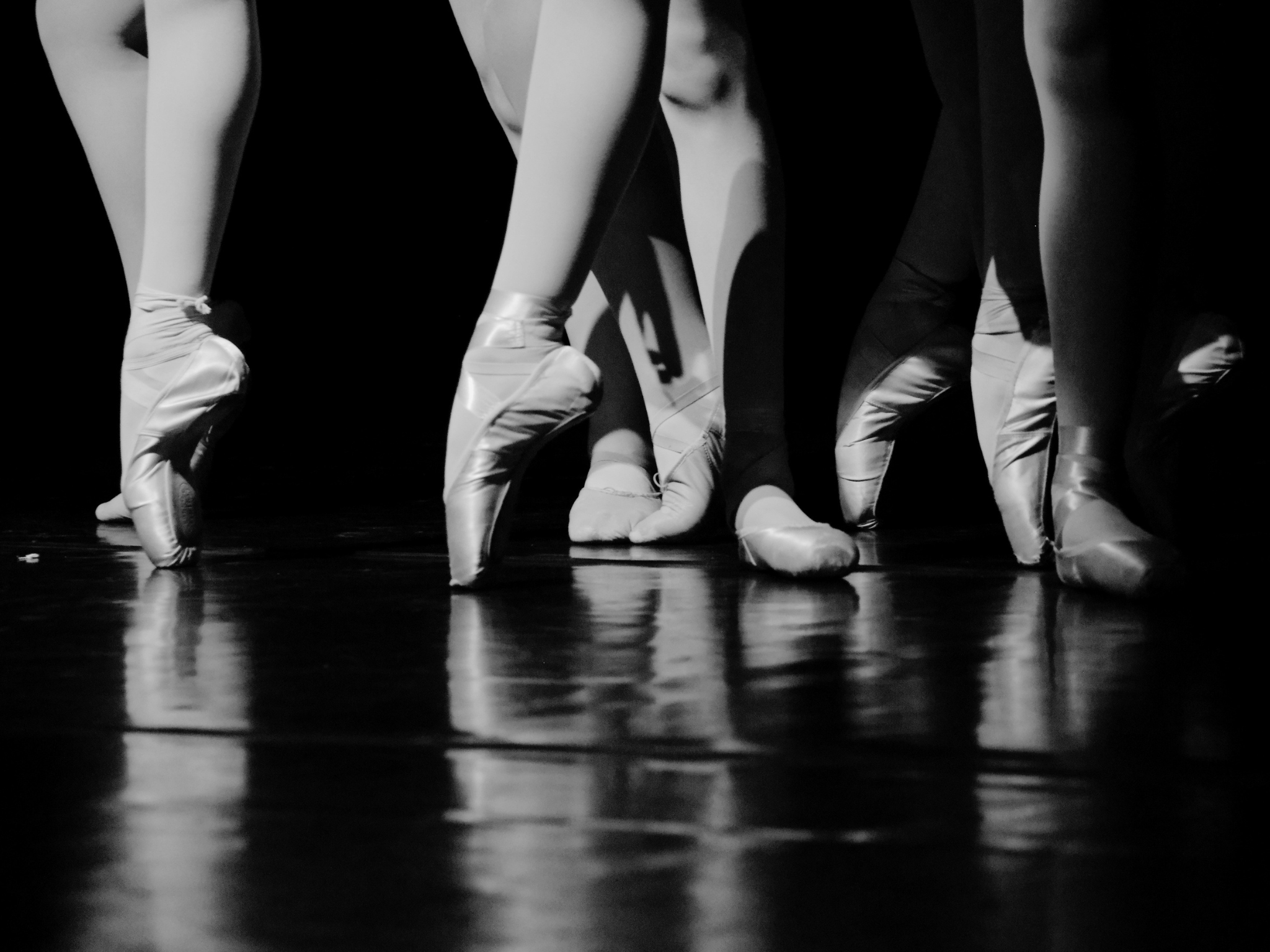Languishing & Flowing
Tuesday's lecture got me thinking on the potential Areas of Learning I've encountered over the past five years...
Needless to say that one of the first things that popped in my mind, thinking about recent past events, was Covid-19, the Lockdown & the Pandemic.
Now, as not aspirational as this may be, I simply couldn't deny the fact that Corona has completely affected and revolutionised, in a way or another, the majority of people's lives and many of our certainties.
Like it or not, willingly or unwillingly, this virus has impacted human kind profoundly, and I personally think that when something shakes us so deeply, space is created for us to learn something new about ourselves.
The question is now, what? What have I personally learnt about myself during the Pandemic? What side of me has it revealed? What skills and tools have I acquired to face these challenges, that could potentially be transferable to my pedagogic awareness and knowledge?
Scrolling through my Instagram one day (yeah, I know...not THAT academic...but still...), I encountered a term I never heard of before: LANGUISHING.
The post looked something like this:
My curiosity was raised, and I decided to look further into this.
According to the American Psychological Association (APA):
Languishing is the condition of absence of mental health, characterised by ennui, apathy, listlessness, and loss of interest in life.
Now that sounds incredibly dispiriting and profound, but the reality of it is that the more articles I read, and the more I spoke to people about it, the more I could see it all around me.
As the lockdown lengthened, isolation grew, and the lack of social interactions started to take its toll, many of us started feeling 'not quite ourselves'.
We weren't sad, but not quite happy either... and the feeling of days passing by without a sense of purpose started looming over us.
Languishing is not a clinical illness, but mental health is something that should be held into consideration at all times.
I started looking around, and started noticing that there were people who didn't seem that much affected by this altered situation.
Whilst stuck at home they began to write books, to learn how to play an instrument, to try out new recipes, to go for long walks in nature...all apparently unrelated activities, but they were all serving these individuals well.
What did all these things have in common?
They provided a sense of FLOW, in psychology the anecdote to languishing.
Dr. Martin Seligman argues that the best way to move from languishing to flourishing is to maintain the 5 aspects of the PERMA model:
Positive Emotions
Engagement
Relationships
Meaning
Accomplishments
The idea is that by actively cultivating all 5 of these areas, one should overcome those feelings of dissatisfaction, lack of presence and indifference that come with languishing.
As a Reflector, who loves to read and reflect on theories before diving deep into them, I of course gave this model a try.
As far as POSITIVE EMOTIONS go, I started consciously acknowledging my feelings, and even started writing a novel about them. I never managed to finish writing this book, but it served as a wonderful reflective journal to give an outlet to the confused tangle of emotions I felt before.
ENGAGEMENT - I took better care of myself, and sought out both a dietitian and a counselor to help me deal with the accumulated "struggle bricks" I gathered over the course of the Pandemic and a 9 month injury.
RELATIONSHIPS - Despite the distance and isolation, I started checking in on those I loved on a regular/daily basis.
Seeking MEANING is what brought me to this Masters, planning for my future and starting to seriously reflect on the best transition career for me.
ACCOMPLISHMENTS, by finally starting a YouTube Channel I found ways in which to give myself some structure during the Quarantine. I set myself some manageable challenges & goals that helped me regain a sense of purpose and flow even when unable to lead a regular working/social life.
Seligman's PERMA model truly helped me recover a sense of flow in a difficult time in my life. So I am inclined to believe it could help others too.
As a teacher, I am now wondering how to introduce these tools within a dance class.
What I am teaching beyond technique is becoming more and more important to me...and providing students with possible coping mechanisms is something that I would truly love to be able to offer.
What are your thoughts on Dr. Martin Seligman's model?
How have you managed to flow during the Quarantine?
And what are your thoughts about teaching beyond technique in a dance class?
Thank you so much for reading.
Have a wonderful day!
Elly




Comments
Post a Comment